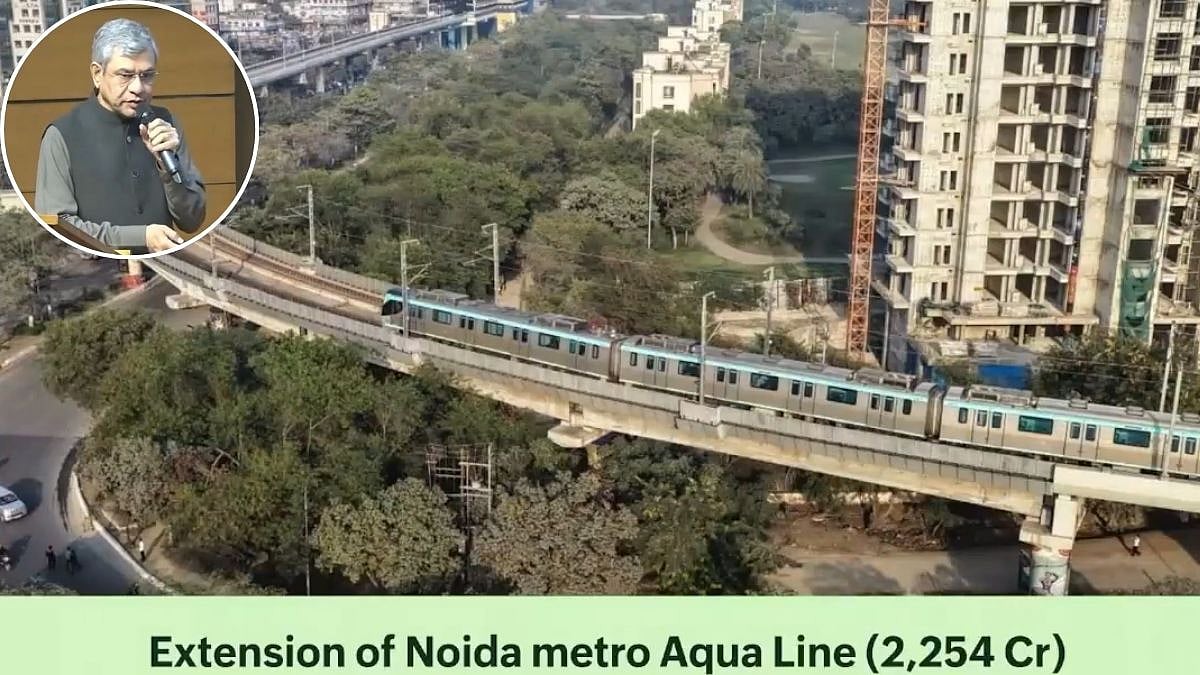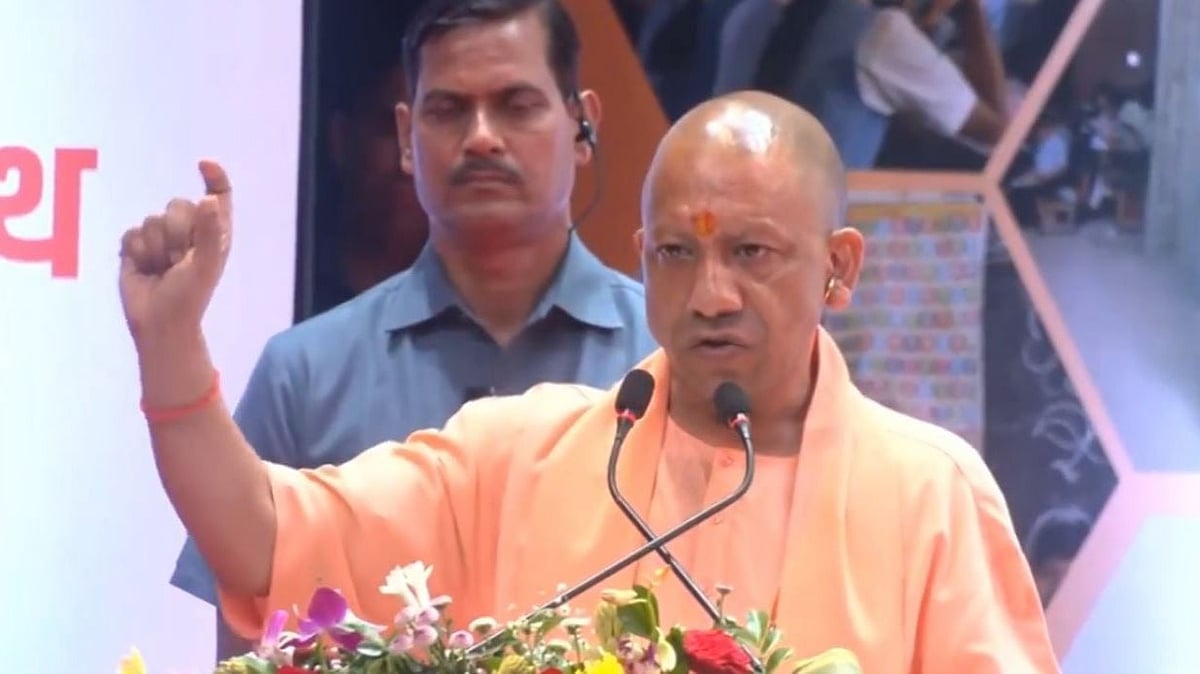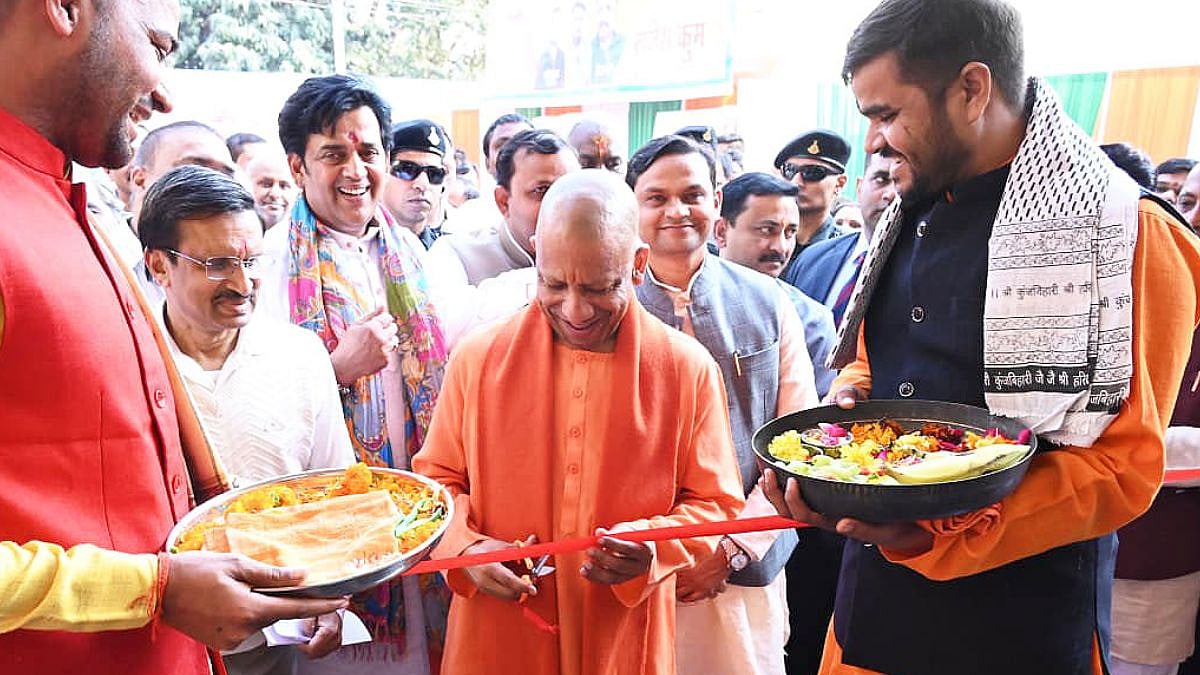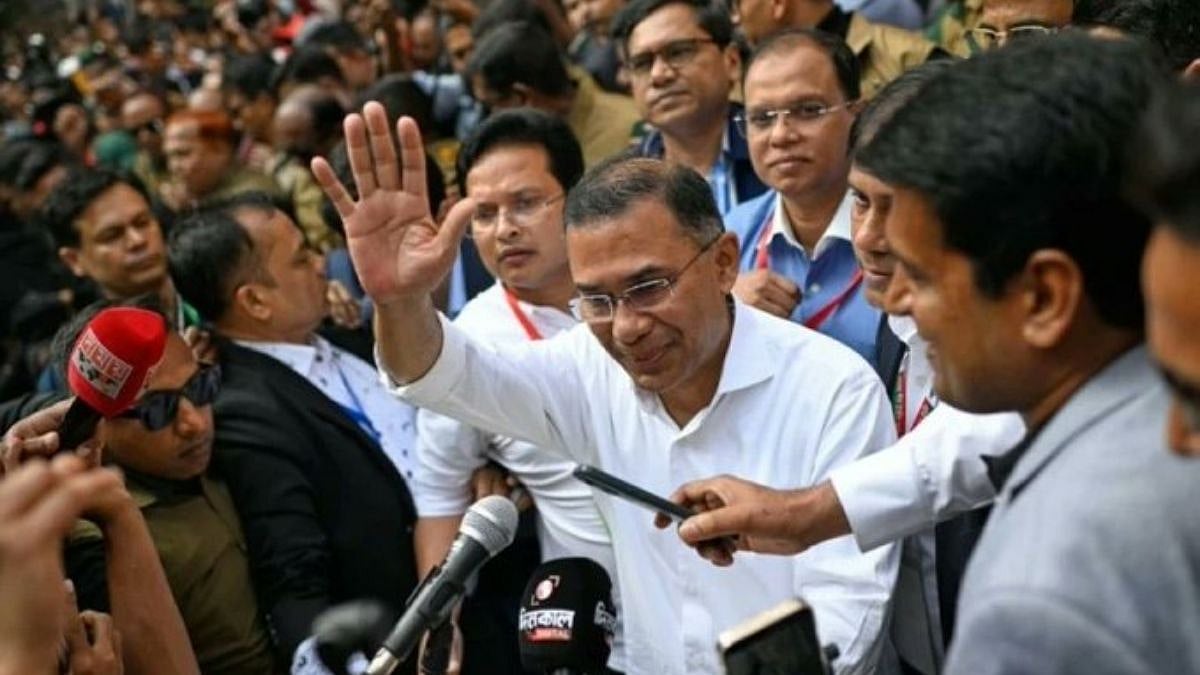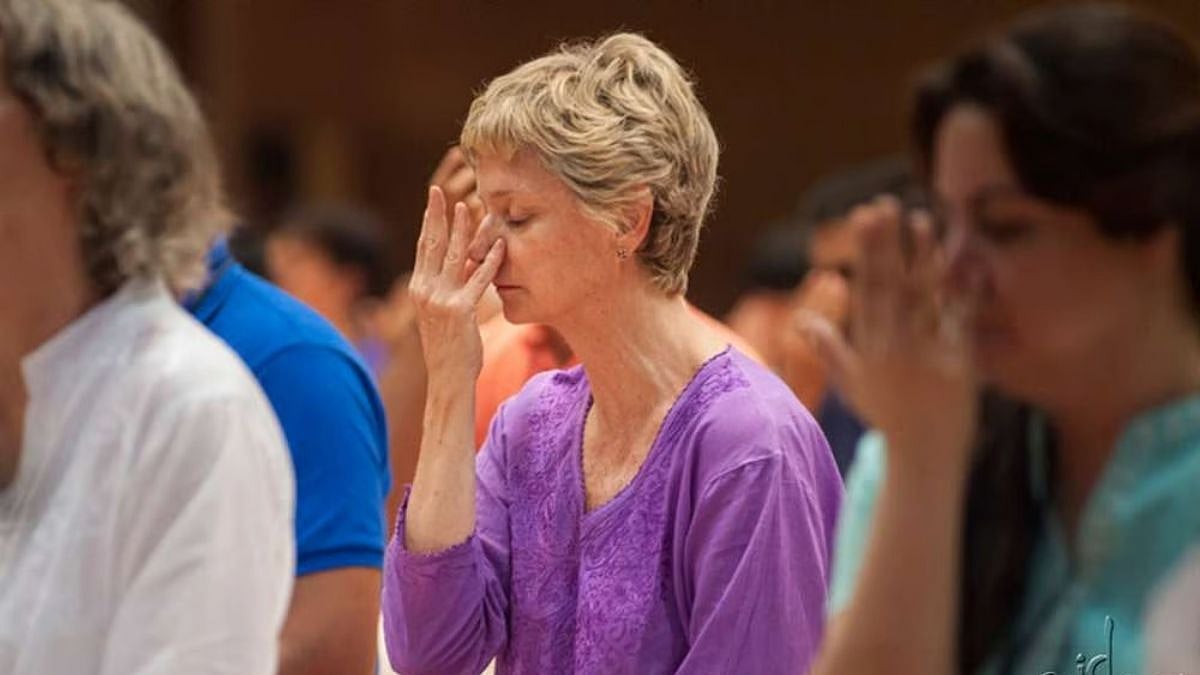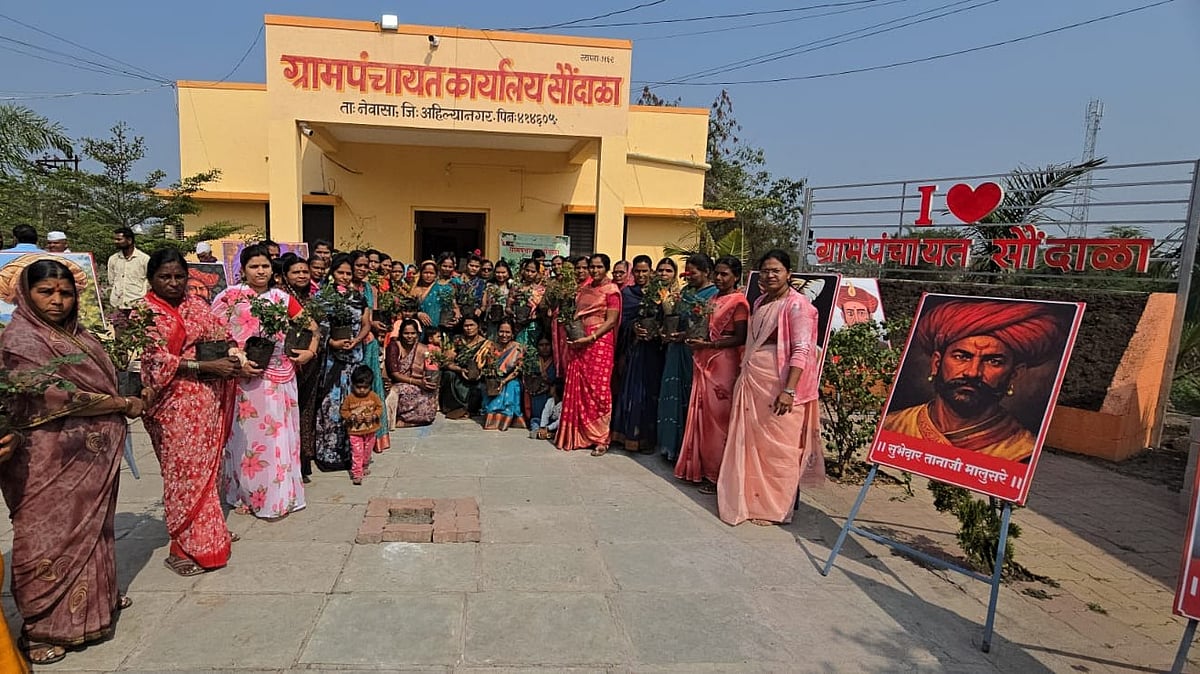The hanging of Mumbai terror blasts accused Yakub Memon has given rise to strong, conflicting views across India. The government pushed for his execution, the President rejected his mercy petition, and the Supreme Court ruled for the death sentence but even here fissures were evident and it was not as smooth a sail as many might have been expected.
The two member bench of the SC that looked into the curative petition was sharply divided down the middle with Justice Kurian Joseph actually staying the death warrant. The second three member bench then constituted by the Chief Justice of India upheld Memon’s execution just a day before it was scheduled.
In the ruling party too there were dissenting voices, with at least two prominent members signing a petition for mercy along with public figures from all walks of life that was then submitted to the President of India. Lawyer Ram Jethmalani and actor Shatrughan Sinha made it clear that they were strongly opposed to capital punishment per se.
President Pranab Mukherjee did not return the mercy petition for reconsideration by the government as he could have, but even he took nearly three hours with Union Home Minister Rajnath Singh before he rejected it on the eve of the hanging. Clearly he had many doubts to settle, and needed some persuasion for what could otherwise have been a few minutes’ meeting with the Home Minister.
Against this backdrop, there have been strong statements by leading luminaries against the hanging, with editorials even in the Hindi media questioning the intent of the government. Former CPI(M) general secretary Prakash Karat had no hesitation in terming the execution a miscarriage of justice. He pointed out in an article that there was truth in the perception that Muslims were being singled out for such discrimination while the accused in cases of terror from the majority community were being handled with kid gloves under the present government at the centre.
Senior retired judges and lawyers have been leading the debate against Memon’s execution, with lawyers like Prashant Bhushan and Indira Jaising leading a team to the Chief Justice of India’s residence for a quick hearing to new legal contentions through the night before the execution. They failed but it was not for want of trying and as Bhushan said later, in his view the judicial process had not been fair to the accused.
The exercise of law by the courts is based on the evidence, or lack of it, gathered by the investigating agencies that come under the executive. The importance of this is evident from the interview given by the special public prosecutor in the 2008 Malegaon bomb blast case Rohini Salian. She said very categorically, “An NIA officer called me up and said he wanted to meet me. He then met me sometime last year (2014) and asked me to go soft on the accused in this case.” She further added, “Again on June 12 this year (2015), the same officer met me and conveyed orally that I was to be replaced by some other lawyer in this case. I told him to settle my bills and denotify me as a prosecutor in this case. However, till date, neither a notification has been issued about my replacement with some other lawyer nor my bills settled.”
In the Malegaon case, 12 persons, including Sadhvi Pragya Singh Thakur and Colonel Prasad Shrikant Purohit are amongst the accused. Salian is a prosecutor of 25 years standing and has felt the pressure under the new government in both Maharashtra and New Delhi. She has handled important cases in the past and enjoys a good reputation in the field.
The information revealed by former intelligence officer B. Raman in an article he wrote in 2007, published only now by Rediff.com, has also divided the strategic establishment.
There are many, serving and former, who feel that Raman cannot be taken as evidence, and that his intervention be dismissed as “ramblings”. As a former foreign secretary said, “how can he be taken seriously?” But there are many others who knew him as a man of integrity and are more familiar perhaps, than diplomats, with procedures of bringing in suspects on conditions that make them virtual approvers. From Raman’s article – and as he says he was handling the external intelligence of the case at the time – Yakub Memon was guilty of the Mumbai terror blasts but had been ‘persuaded’ to share valuable information on condition that he would not be hanged, but would be given life imprisonment. And that his family would be allowed to return to India, which was done.
Whether the prosecution, regardless of change in government, should uphold such conditions or not is a major question that will have a major impact on such operations in future, according to retired officials. As one of them pointed out, such ‘surrenders’ or ‘deals’ are struck on the basis of trust and by hanging a man after promising him commutation of the sentence, it will be difficult to inspire trust in such cases in the future. Raman had been clearly in two minds about speaking out on the issue at the time, his nationalism and loyalty conflicting with the principles of such a deal.
There has been a strange kind of bloodletting through this entire trial, particularly in the last days. Sections of society have demonstrated a virtual thirst for blood that is difficult to understand, more so with death penalties becoming obsolete and the movement against these gaining ground across the world. Hangings are associated with feudal monarchic regimes of the past, with democracies and certainly their people leading the struggle against capital punishment. The effort is to lace the black and white words of law, with ethics, morals and perhaps even compassion whereby the powers of the state in determining life and death of any individual are vastly reduced.
This is the ongoing debate in India now, with the petition to the President being signed by legal luminaries, political leaders from the right and the left, academics, journalists and even film makers.
India is clearly divided on capital punishment, a division that was starkly reflected in the case of Yakub Memon. The days before his execution in particular demonstrated the conflict within society, always the stepping stone to hopefully value based changes in the future.

